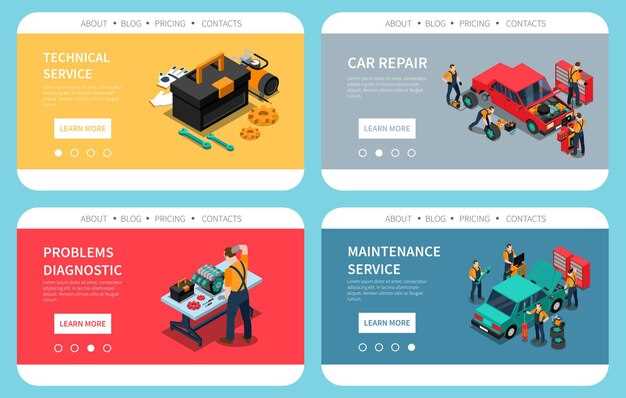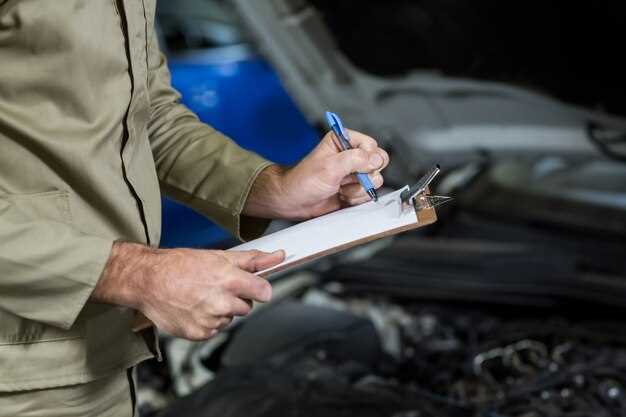
Acquiring a rebuilt salvage car can be an economical way to own a vehicle, but it often comes with unique challenges, especially when it comes to insurance. Understanding how to file a claim on a rebuilt salvage car is crucial for protecting your investment and ensuring you’re adequately covered in case of an accident or damage.
When filing a claim, it’s essential to familiarize yourself with the specific insurance policy terms related to salvage vehicles. Many standard insurance policies may have exclusions or limitations for rebuilt cars, which can complicate the claims process. Reviewing your insurance policy and communicating with your insurer can help clarify what is covered and what documentation you’ll need to provide.
In the claims process, you will typically be required to submit various forms of evidence, including the vehicle’s title, repair documentation, and sometimes even photographs of the car. Being thorough and organized in gathering this information can significantly expedite your claim. Additionally, understanding the potential devaluation of rebuilt salvage cars in the insurance market can help you negotiate a fair settlement should the need arise.
Understanding the Documentation Needed for Your Insurance Claim

Filing an insurance claim for a rebuilt salvage car requires careful preparation and organization of essential documents. The following list highlights the key documentation you will need to support your claim effectively.
First, ensure you have the original title of the vehicle, which indicates its salvage status and serves as proof of ownership. This document is critical for establishing your right to file a claim.
Next, gather all repair documents related to the rebuild process. This includes invoices, receipts, and a detailed list of the work performed. These records demonstrate the extent of repairs and confirm that the vehicle meets safety and operational standards.
Additionally, you should include photographs that document the vehicle’s condition before and after the rebuild. Visual evidence can help substantiate your claim by showing the improvements made to the car.
Obtain a vehicle history report if available, as this can provide further insights into the car’s past, including previous ownership and any accidents. This report can play a crucial role in your claim evaluation.
Furthermore, if you have any correspondence with the insurance company or previous insurers regarding the salvage status or repairs, be sure to include those documents as well. Communication records can clarify any discussions or agreements made about the vehicle.
Finally, prepare a detailed statement explaining the circumstances around the salvage status and the subsequent rebuild. Clearly articulating your case will help the claims adjuster understand the context and decisions made during the process.
By assembling and organizing these documents, you will be better positioned to file a successful claim for your rebuilt salvage car. Clarity and comprehensiveness in your submission can facilitate a smoother review and approval process.
Steps to Assess the Value of Your Rebuilt Salvage Vehicle
Assessing the value of your rebuilt salvage vehicle is crucial for filing an accurate insurance claim. Follow these steps to determine its worth effectively.
First, gather all necessary documentation related to your vehicle. This includes the title, repair records, and any receipts for parts and labor. This documentation helps establish the legitimacy of your claim and the extent of the repairs performed.
Next, conduct research on similar vehicles in your area. Check online marketplaces, auctions, and local dealerships to identify comparable rebuilt salvage cars. Look for vehicles with similar makes, models, ages, and mileage to gauge the market value accurately.
Consider employing a professional appraiser who specializes in salvage vehicles. An experienced appraiser can provide a detailed valuation report, which can be invaluable when negotiating with insurance companies. Their expertise may also help you identify any unique features or modifications that could increase your vehicle’s value.
Evaluate the condition of your vehicle thoroughly. Factors such as the function of various systems, bodywork quality, and the state of the engine should be assessed. A well-restored vehicle in good condition will likely have a higher value than one with visible flaws or unresolved mechanical issues.
Lastly, account for any modifications or upgrades made during the rebuilding process. Improvements that enhance performance, safety, or aesthetics can contribute to a higher valuation. Make sure to document these enhancements, as they can support your claim during negotiations with your insurance provider.
Navigating the Insurance Provider’s Requirements for Salvage Cars

When dealing with a rebuilt salvage car, understanding the insurance provider’s requirements is crucial for filing a successful claim. First, it’s important to gather all necessary documentation related to the vehicle’s history. This includes the title, salvage certificate, and any receipts for repairs made during the rebuilding process. These documents will help establish the vehicle’s legitimacy and compliance with state regulations.
Next, contact your insurance provider to learn about their specific requirements for insuring salvage vehicles. Different companies may have varying policies regarding coverage limits and exclusions for salvage cars. Be prepared to discuss the details of the car’s reconstruction to ensure that it qualifies for coverage. Some insurers might require a detailed inspection by a certified mechanic to assess the vehicle’s safety and functionality.
Additionally, it’s vital to be aware of any state regulations that may influence insurance claims for rebuilt salvage cars. Some states have unique provisions that can affect the claims process, so familiarity with local laws is essential. This knowledge can help you avoid potential pitfalls during the claim process.
Finally, keep thorough records of all communications and transactions with your insurance provider. If any issues arise when filing your claim, having a well-documented history can facilitate a smoother resolution. By being proactive and informed, you can navigate the insurance provider’s requirements confidently and improve the likelihood of a successful claim for your rebuilt salvage car.
